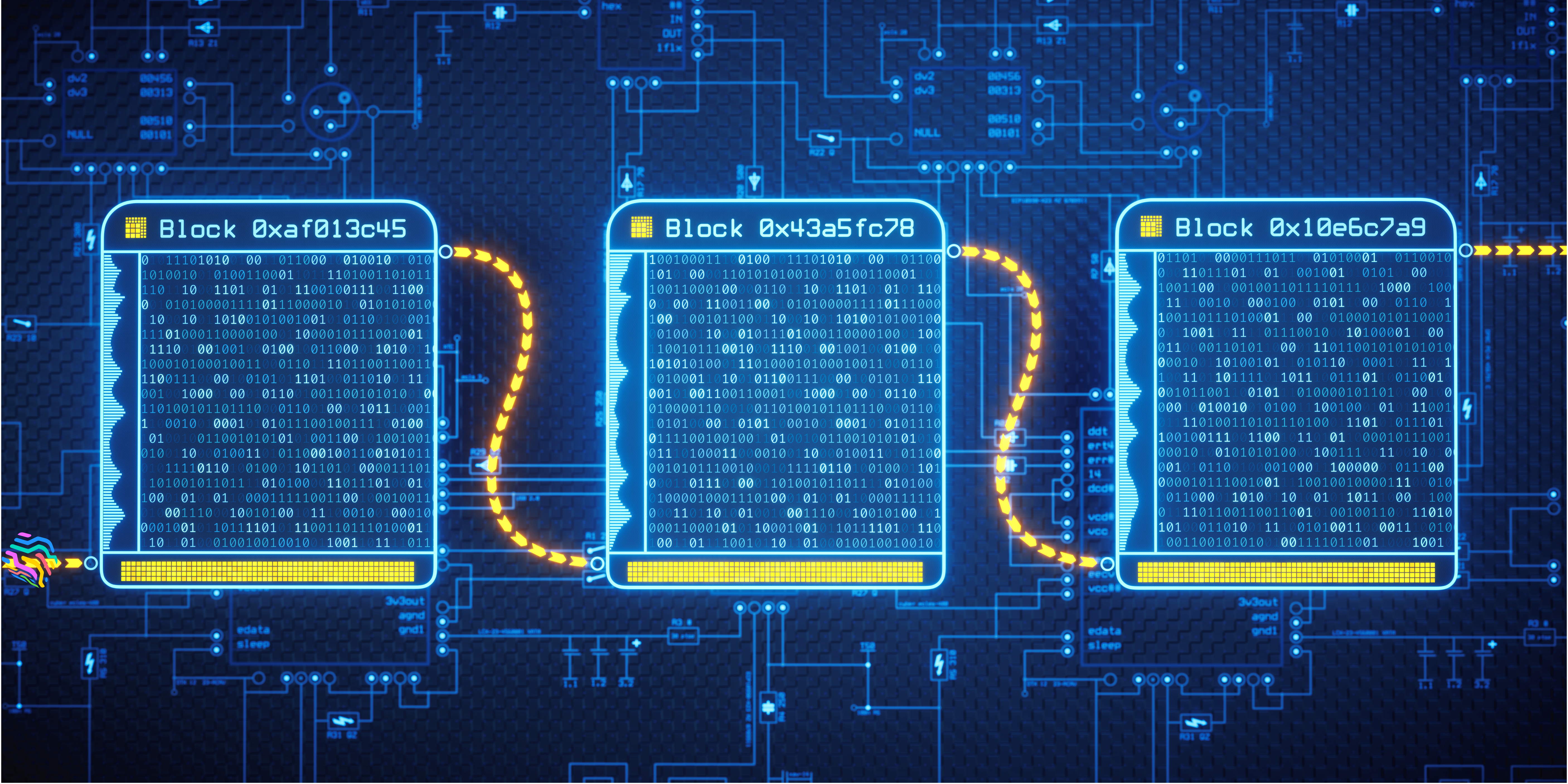How BigFile works
At its core, BigFile is a two-sided marketplace designed to solve the fundamental inefficiencies of the centralized internet. We've built a DePIN (Decentralized Physical Infrastructure Network) that transforms idle digital resources—disk space and GPU power—into a unified, global cloud.
Architecture

Architecture of the BigFile
BigFile is built on a pragmatic, two-phased architecture designed for immediate utility and long-term scalability.
Phase 1 (The Foundation): We begin on the robust and liquid Polygon PoS network. The BIG token is launched as a sophisticated, upgradeable ERC-20, allowing us to build a strong community and a stable economic base.
Phase 2 (The Superstructure): We will deploy the BigFile Chain, a dedicated Layer 2 ZK-Rollup built with the Polygon CDK. This appchain will handle all core protocol operations—storage contracts, AI compute jobs, and provider rewards—with near-zero gas fees and massive throughput, while inheriting the security of Ethereum.
BigFile Protocol

Application Layer
This is where users and providers meet. The Decentralized Storage and AI Marketplace dApps access the power of BigFile through user-friendly interfaces and SDKs. Our smart contracts manage deal terms, reputation, and payments.

Settlement & Logic Layer
The BigFile Chain (our L2) is the brain of the ecosystem. All marketplace transactions, tax mechanisms, and provider rewards happen here instantly and at a very low cost. BIG serves as the native gas token for this layer, powering all operations.

Security & Data Layer
Our ZK-Rollup technology bundles the validity of thousands of transactions on our L2 into a single cryptographic proof (a ZK-proof). This proof is submitted to the Ethereum Mainnet for final, immutable security. This allows BigFile to combine the security of an L1 project with the speed and low cost of an L2.
Tokenomics

BIG Token: Fueling a Decentralized Economy
The BIG token is the utility lifeblood of the BigFile ecosystem. It's an ERC-20 token on the Polygon network, designed with a sophisticated economic engine to reward holders and build a sustainable liquidity base. In the future BigFile L2, BIG will evolve into the native coin used for paying transaction fees (gas), staking to secure the network, and giving the community governance over the protocol's future.
Chain technology

Polygon CDK & ZK-Rollups
BigFile's scalability and security are powered by the Polygon Chain Development Kit (CDK), enabling us to deploy our own Layer 2 appchain. We utilize ZK-Rollup technology, which bundles thousands of off-chain transactions into a single, succinct cryptographic proof (a ZK-proof). This proof is then posted to the Ethereum mainnet. This architecture provides the best of both worlds: massive throughput and near-zero gas fees for our users, combined with the unparalleled, battle-tested security of Ethereum.

The AggLayer & True Interoperability
A fault-tolerant network is just the beginning. BigFile is designed to be a foundational layer for a unified Web3, not an isolated island. By connecting to Polygon's upcoming Aggregation Layer (AggLayer), we will enable near-instant, atomic swaps and shared liquidity with every other chain in the ecosystem. This means dApps on other networks can seamlessly access BigFile's storage and AI compute resources, creating a truly interconnected and liquid digital economy.
Smart contracts

On-Demand AI & HPC Marketplace
BigFile creates a global, permissionless marketplace for computational power. Users can rent raw GPU resources—measured in metrics like TFLOPS or GHz—for any duration to train AI models, run scientific simulations, or perform complex rendering tasks. Payments are settled instantly in BIG tokens, which are then distributed to the providers powering the network. This is Infrastructure-as-a-Service (IaaS), rebuilt for the Web3 era.
Web access

Host Resilient dApps & Websites
Say goodbye to centralized servers and single points of failure. With BigFile's permanent storage layer, you can host your entire web application—from the frontend to the backend assets—directly on our decentralized network. This ensures your dApp or website is censorship-resistant, always available, and can be updated transparently via smart contract logic or DAO governance.
